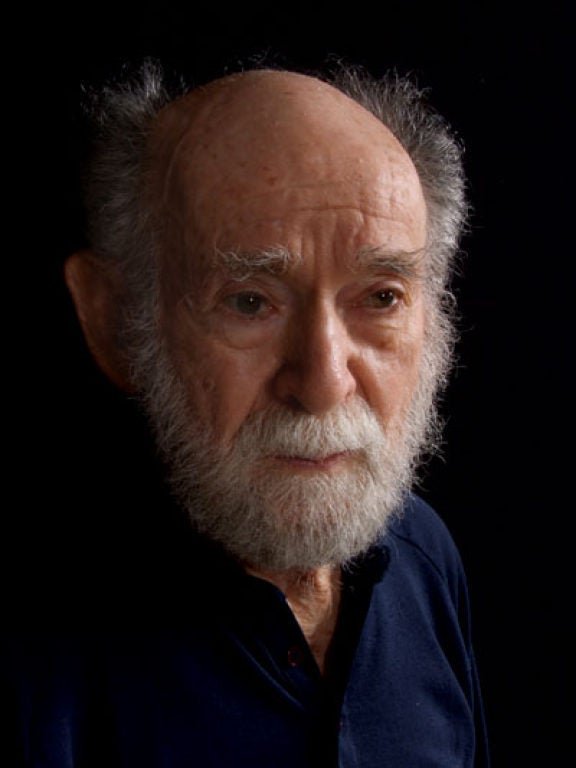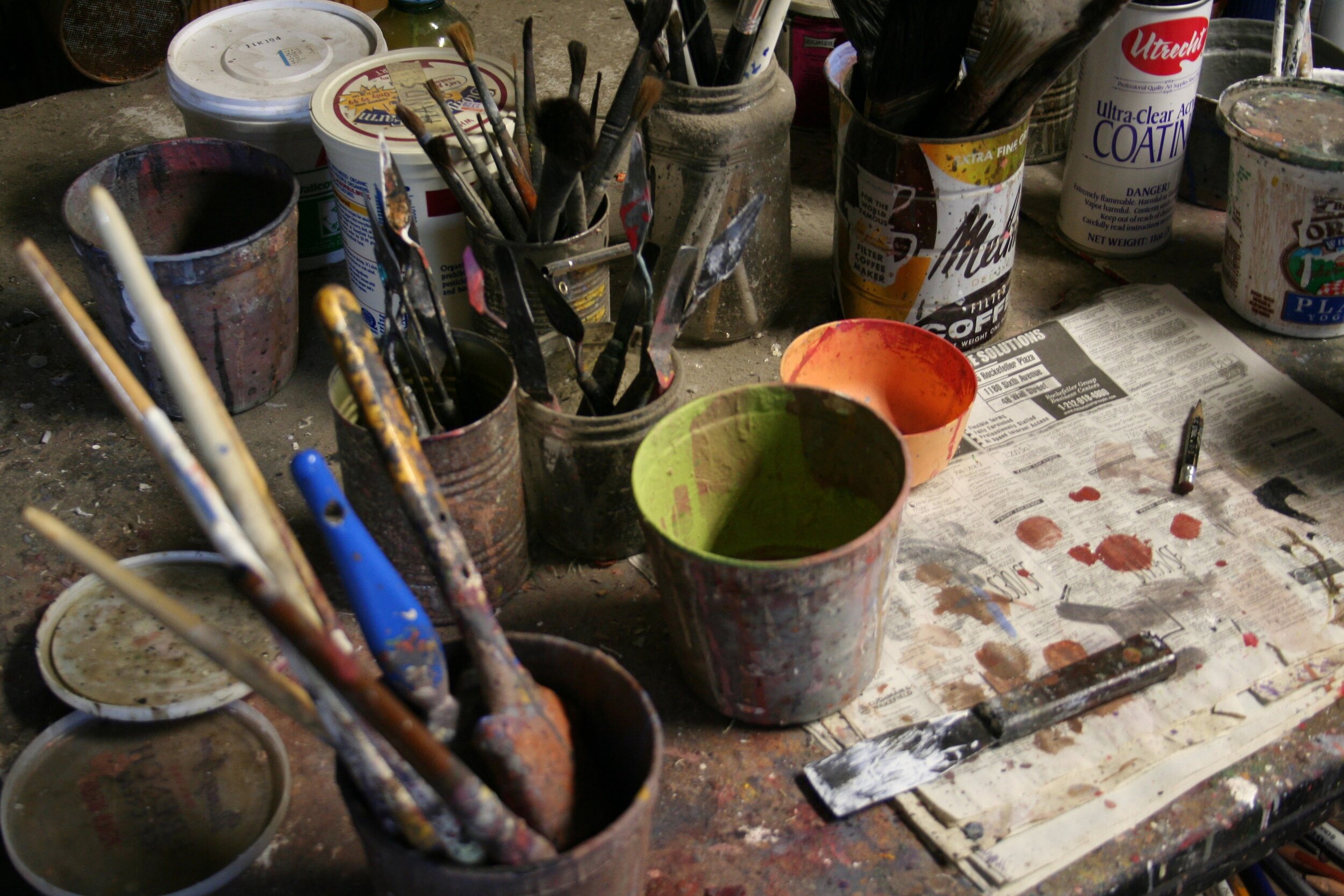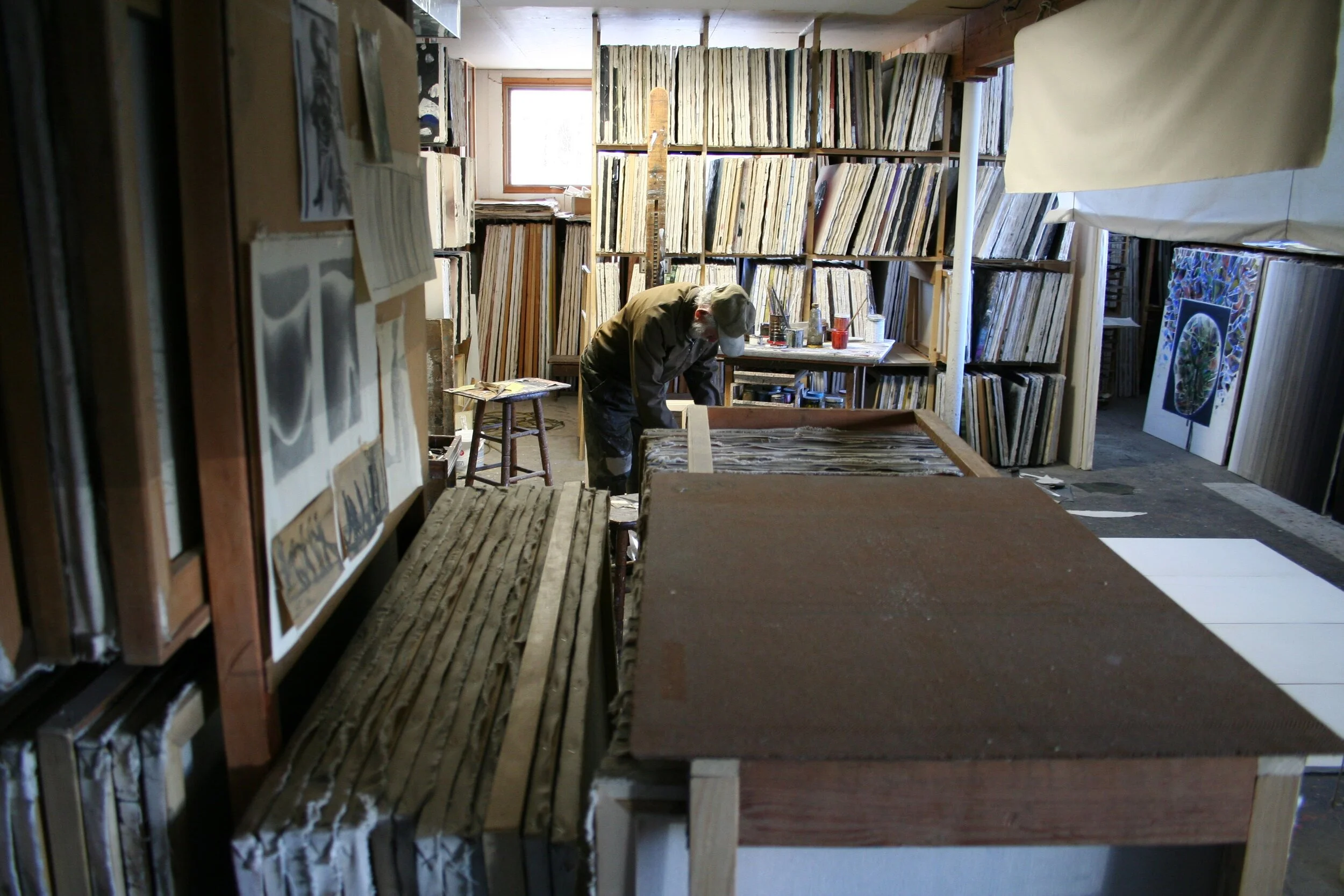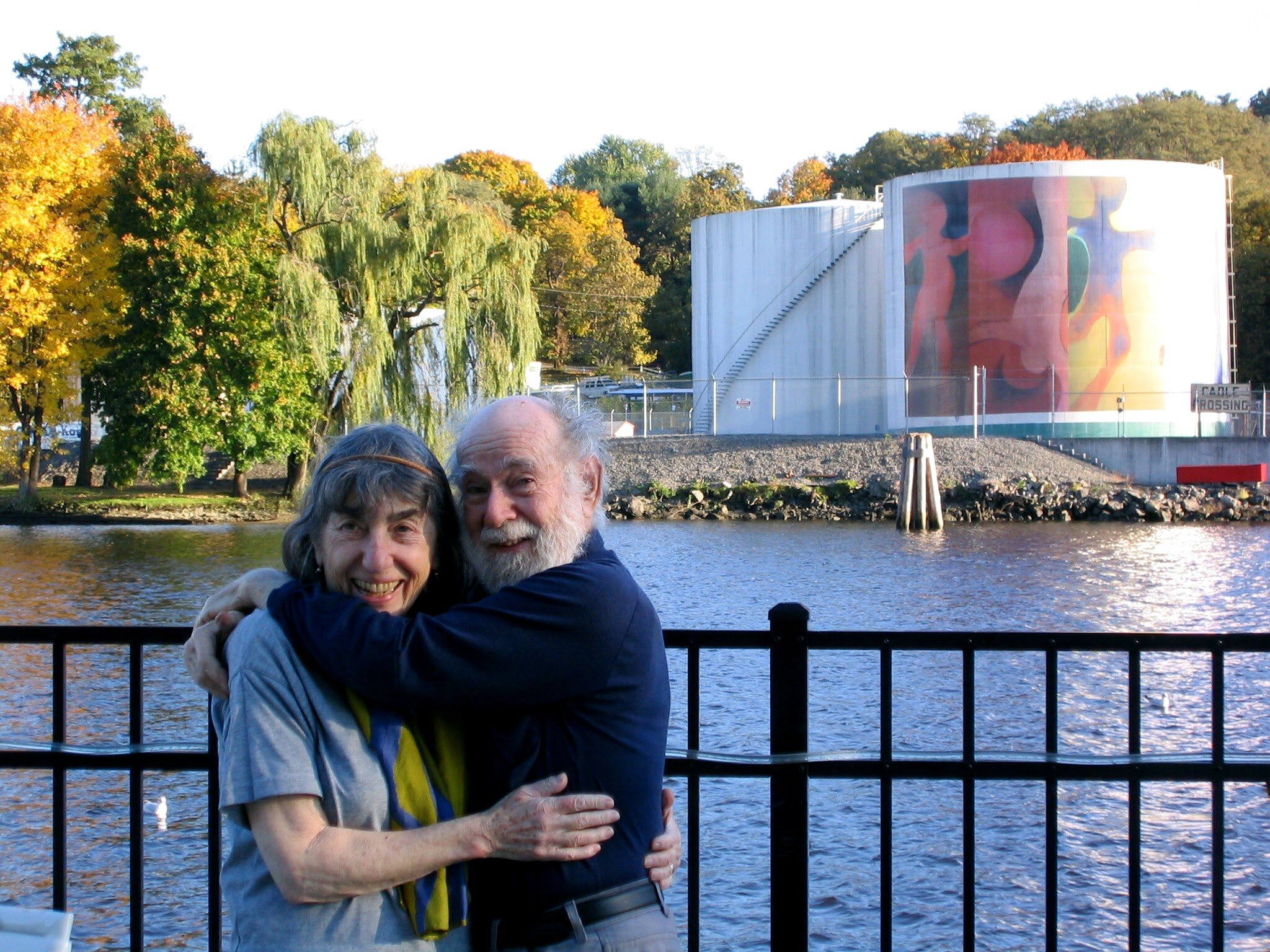
A brief bio.
Born in Lublin, Poland, at the end of World War I, smuggled, as an infant, into ("civilized") Germany, Lewen witnessed in Berlin the artistic, cultural as well as political upheavals of the Weimar years. An alien, accursed as "that Polish Jewboy", he found refuge in painting, deciding to become an artist at age 5 while in a Swiss TB sanatorium.
Alienated from his ancestral Jewish religion (and most dogma), he declined a traditional Bar Mitzvah, but illustrated the Bible instead, followed by his first gallery show. His education and budding art career, however, ended when Hitler triumphed in 1933. Fearing "the worst", at age 14, he fled to France expecting to go on to America, the land of his childhood dreams. He would never have reached America if not for a strange coincidence: Admiral Byrd's expedition to Antarctica, an American uncle's help in the sponsorship of the expedition, and a grateful Senator Byrd, a brother of the Admiral.
Within a year of his arrival in New York, exploring Central Park, his dream of a safe haven in America came, however, to a sudden, terror-stricken end. Robbed, beaten, and assaulted "you goddamn Jew bastard...." and finally threatened with a gun "I'll find and kill you if you ever say anything!" His assailant was a New York Policeman. ("Police brutality" has had a long and persisting history). Having fled from Poland to Germany, to France, and finally, to America, Lewen saw no further escape than into attempted suicide. His dream of "America" had turned into a nightmare. On his release from a mental institution., afraid of any stranger, any human contact, fearful to be recognized, his hope for an artistic career was aborted once again.
With the outbreak of World War II, Lewen enlisted in the U.S. Army, saw action from Normandy through France and back into Germany as a member of the legendary Ritchie Boys unit wherein Buchenwald he faced the remains and reminders of the Holocaust, and what could have been his fate. Lewen and other émigré European Jews like himself, fluent in German, were trained in psychological warfare, intelligence gathering, and interrogation techniques at Camp Ritchie in Maryland. Once overseas, the Ritchie Boys (documented in the award-winning film of the same name) saw the war from the front lines. Si was among the first soldiers to arrive at Buchenwald concentration camp after its liberation. After a hospital ship brought him back to America, he was determined to expunge all traces of past trauma - by resuming his art. Only through art, he felt, could he ever heal again. Gallery shows, sales and "good" reviews, national and international exhibitions followed, two volumes of his graphic work were published. "The Parade" elicited from Albert Einstein "Our time needs you and your work." Lewen seemed to be succeeding. However, he could never shake free from his fears to be recognized. "I'll find and kill you...!" kept following him. His experience of war and holocaust - horrendous as they were - did not leave the same crippling psychic scars.
In 1976 Lewen began to withdraw from the "art world" into self-imposed exile, and in 1985 declared his work "no longer for sale", ending any further pursuits of a career. But as he withdrew, increasingly into his own private world and into obscurity, his art appeared to grow and bloom into some of most exotic forms. Free, at last, not only of "the market", but also "identity", nor restricted by any one style, manner, or pre-conception, he now felt free to pursue and explore wherever his art (or muse) might lead.
Si Lewen passed away, on July 25, 2016, at the young age of 97.
Si and beloved wife Rennie. October 25, 2004.






